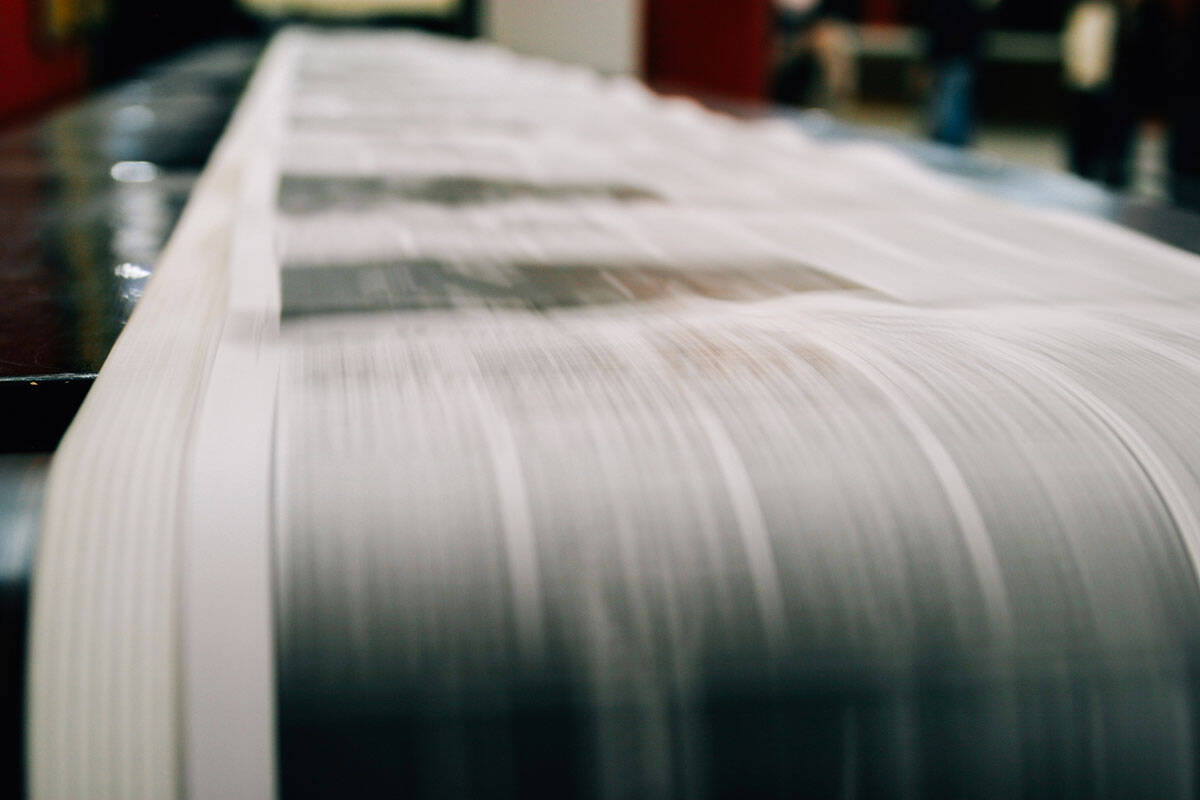EDITORIAL: ‘Misinformation’ is in the eye of the beholder
Most Americans appreciate that press freedom is vital to the health of a free and open society. Unfortunately, that appreciation runs an inch deep, as many of those same Americans — particularly Democrats — would sacrifice this vital concept at the altar of combating “misinformation.”
Ahead of World Press Freedom Day on Friday, the Pew Research Center conducted a survey of attitudes toward the clause in the First Amendment that prohibits Congress from “abridging the freedom of … the press.” Seventy-three percent of respondents said the idea “is extremely or very important to the well-being of society.”
Inexplicably, however, 8 percent of those surveyed said that freedom of the press is “little or not at all important.” Who knew that such a high percentage of Americans had such indifference toward liberty? As Thomas Jefferson famously observed, “The price of liberty is eternal vigilance.”
And the survey highlights the necessity of vigilance. The results also reveal that 53 percent of respondents favor “always” prohibiting the publication of falsehoods “even if it means press freedom could be limited.” Turning that around, 47 percent of Americans, Pew found, “say press freedom should always be protected, even if it means false information could be published.”
Republicans were the group most dedicated to “always” protecting press freedoms, with 57 percent of them embracing the idea. Meanwhile, 62 percent of Democrats sided with the “misinformation” police and expressed less concern with government interventions to restrict press freedoms.
The problem with this dangerous viewpoint is that “misinformation” is in the eye of the beholder. The “misinformation” debate is rarely over clear-cut facts and is more often concerned with differences of opinion and interpretations of underlying realities. As we saw during the pandemic, conventional wisdom — even in the scientific community — is often later revealed to be counterproductive or ineffective. Silencing skeptics limits debate at a time when it is most valuable.
But the poll results shouldn’t be surprising. Progressives loudly attack conservatives for “banning” books in public school libraries — which is its own form of “misinformation,” given that such books would still be widely available for those who wish to read them — but they have plenty of blind spots regarding the Bill of Rights.
Democratic senators, for instance, have called for rewriting the First Amendment to limit speech during political campaigns. Leftist activists agitate to punish “offensive” comments and criticize free speech as a tool of “white oppression.”
The value of a free press and free speech should be self-evident. Imagine living in those nations that work tirelessly to avoid government accountability while restricting open and vigorous discourse.

















